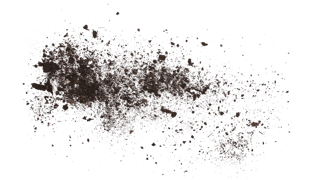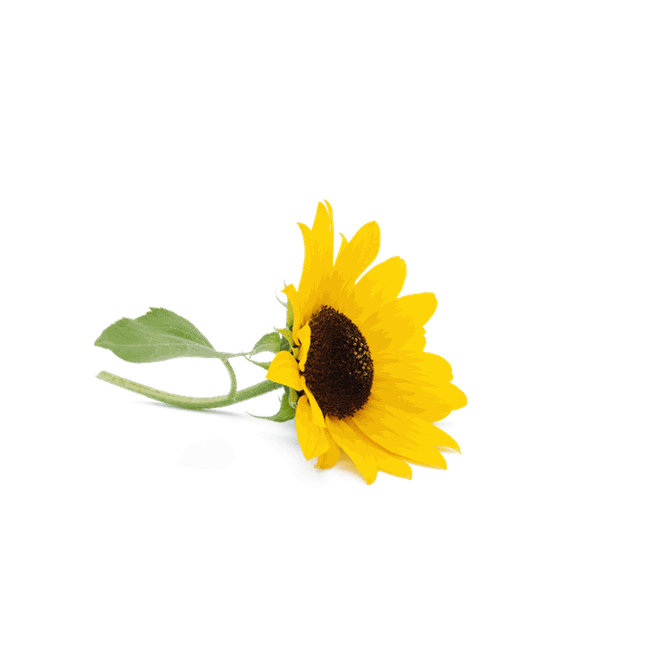Garden Calendar
Pruning
Shrubs can be thinned out in frost-free weather. Exceptions to this rule, however, are spring-flowering varieties. Do not cut these in winter as this would remove the flowers. For pruning, only use suitable, sharp tools. When thinning out ornamental shrubs, make sure you do not disturb the typical structure of the shrubs.
Protect conifers from snow damage
Columnar conifers can permanently lose their ornamental value or even break if heavy layers of snow push them apart. So, here’s a tip: tie the trees and shrubs together in good time and always remove layers of snow immediately! If the snowfall is particularly heavy, carefully free other trees and bushes from snow as otherwise there is a danger of large branches breaking.
Water evergreen plants
Evergreen plants lose water through their leaves and needles even in winter. Dry damage caused during the winter can often only be seen in late spring. Please remember that your plants will benefit from being watered in winter when the ground is frost-free.
Protecting trees and shrubs
Protect sensitive evergreen trees and shrubs against sunburn in winter by covering them with a fleece, for example. Otherwise, days with strong sunlight may damage them.
Perennial beds
Leave self-seeding flowers over the winter. Not only do the maturing seeds look extremely lovely, in winter they are also a source of food for songbirds. Sunflowers (Helianthus), strawflowers (Helichrysum), nasturtiums (Tropaeolum), royal mallows (Lavatera) and marigolds (Calendula) are all suitable for birds, for example.
Nesting boxes for birds
Garden birds help to keep the number of pests down. Welcome birds to your garden by hanging up nesting boxes. There are different types of nesting box for the different kinds of birds. Make a note of this when you are building or buying a nesting box. Hang a nesting box with the opening facing the east as this makes it more likely to be accepted by birds. Many birds also use the nesting boxes as sleeping quarters in winter. So it is always best to do the annual clean at an early stage. Bug sprays are suitable for this.
Store pesticides safely.
Store pesticides* properly, even in winter. They must be kept out of the reach of children in a place that is frost-free. The pesticides may deteriorate and become unusable if stored at low temperatures.
Storing seeds
Store seeds collected in autumn properly to ensure they retain their germination properties. Protect from moisture and store in a cool room if possible.
Flower bulbs at risk
Flower bulbs are a favourite source of food for voles in winter. Ask at your garden centre now for a suitable product to tackle this.
Buds and bark are a favourite food in winter
Now is the time that deer and rabbits cause damage to ornamental shrubs and bulbs by feeding on the bark, buds and shoots. Protect vulnerable plants from gnawing and browsing from game by using a repellent in good time. Ask at your garden centre for a suitable product.



